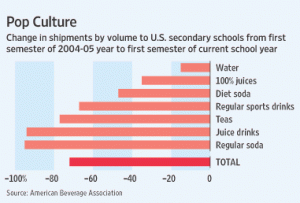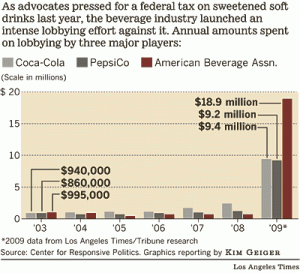Sugar politics: not so sweet
I got a comment this morning from Eric who asks whether I had seen the article in yesterday’s New York Times about Florida’s bailout of Big Sugar in the Everglades. I could hardly miss it. The story starts on the front page and continues over two full inside pages.
Titled “Deal to save Everglades may help sugar firm,” the article explains how Florida politicians engineered a taxpayer-supported buyout of United States Sugar for nearly $2 billion in 2008, ostensibly to restore a waterway through the Everglades. Now, it seems, the restoration projects have stopped for lack of money and U.S. Sugar gets to keep using the land.
U.S. Sugar is or was the largest sugar producer in Florida. Founded by Charles Stewart Mott in 1931, it owned mills and a railroad as well as land.
Sugar policy, as I explained in a post last September, is special. Alone among commodities, it is supported by an arcane system of quotas and tariffs designed to ensure that domestic sugar producers get prices for their crops that are higher than values on the world market. The result? Taxpayers pay more for sugar than they should.
I suppose I could argue that higher prices for sugar are a good thing. High prices discourage consumption. Fortunately or unfortunately (depending on how you look at it), sugar prices are not high enough to do that.
So chalk this one up to politics in action, replete with lobbyists, lawyers, and corporate heads with cozy ties to government officials. As is all too often the case, the corporation came out ahead. Whether the Everglades will ever benefit remains to be seen.




